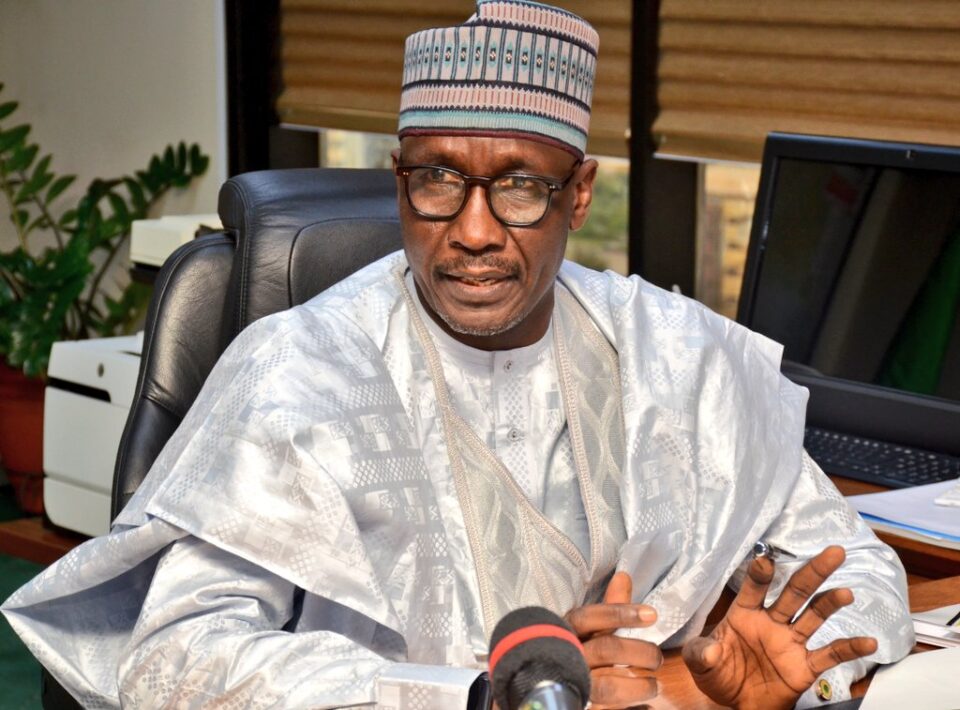
NNPC Intervenes as Marketers Halted Petrol Import Over Costs
In 2017, rising crude oil prices, volatile Premium Motor Spirit (PMS) supply costs, and a government-imposed cap on petrol prices forced Oil Marketing Companies (OMCs) to stop importing petrol.
This is according to a recent statement by the Nigerian National Petroleum Company Ltd (NNPC), which said it had to intervene as the sole importer of the last resort for the product.
Stating the factors that made it become the importer of last resort, the newly transformed firm said, “The NNPC also wishes to point out that rising crude oil prices and PMS supply costs above the Petroleum Products Pricing Regulatory Agency (PPPRA), which is now the Nigerian Midstream and Downstream Petroleum Regulatory Authority (NMDPRA) cap had forced Oil Marketing Companies (OMCs) withdrawal from PMS import since the fourth quarter of 2017.
Also Read: Nigeria Spent $5.26bn Importing Generators, Others- ITC
“In the light of these challenges, NNPC has remained the supplier of last resort and continues to transparently report the monthly PMS cost under-recoveries to the relevant authorities,” the oil stated in its intervention efforts.
The Comptroller General of the Nigeria Customs Service (NCS), Hameed Ali (rtd) had recently faulted the over N6 trillion petrol subsidy for the 2022 fiscal year and the average daily petrol consumption of 98 million litres.
Ali who spoke while defending the NCS presentation on the 2023-2025 Medium Term Expenditure Framework (MTEF) and Fiscal Policy Paper (FSP) at the National Assembly also alleged that over 38 million litres of petrol released daily in excess of actual consumption into the Nigerian market is smuggled.
But in response to this, NNPC announced that the average daily petrol consumption since January has been 68 million litres totalling 16.46 billion litres of imported petrol.
The new company in the statement by the Group General Manager, Group Public Affairs Division, Garba Deen Muhammad, also said it is open to any forensic audit of its petrol import and supply.
More so, it was observed that the product’s daily consumption was approximately equivalent to what was recorded in data from the NMDPRA for the eight months of this year (January to August) at 67m average daily petrol evacuation.
The NMDPRA, which regulates the sales of petroleum products in Nigeria is tasked with the mandate of daily oscillation (varied measurement) ranging from 4m litres to 100m of petrol every day.
Assuring that it will continue its intervention role even when it is now corporatised, NNPC Ltd said, “We will continue to deliver on our mandate to ensure energy security for our country with integrity and transparency. We invite any forensic audit of the PMS supply and subsidy management framework of the NNPC.”
NNPC Ltd also stated that the average international market-determined landing cost as of the second quarter of this year was US$1.283 per metric ton (MT) and the approved marketing and distribution cost of N46/litre.
“The combination of these cost elements translates to the retail pump price of N462/litre and an average subsidy of N297/litre and an annual estimate of N6.5 trillion on the assumption of 60m litres daily petrol supply. This will continuously be adjusted by market and demand realities,” it noted.
Recall that for the present 2022 fiscal year, the federal government is spending N4 trillion petrol subsidy at over N200bn every month. Just last month, petrol prices rose to between N174/litre and N185/l in some geopolitical zones. But from the data provided by NNPC, a litre of petrol would have been selling for N462 if not for the average N272 subsidy the government pays to keep the product at the currently used rate nationwide.
In its response to allegations of the CG of Customs on petroleum product diversion and smuggling, NNPC Ltd confirmed the menace as it decried the impact of maritime and cross-border smuggling of petrol on the overall supply framework. The company also acknowledged the possibilities of other criminal activities in the PMS supply and distribution value chain.
However, it has a commitment, which it stated: “As a responsible business entity, NNPC will continue to engage and work with relevant agencies of the government to curtail smuggling of PMS and contain any other criminal activities.”
